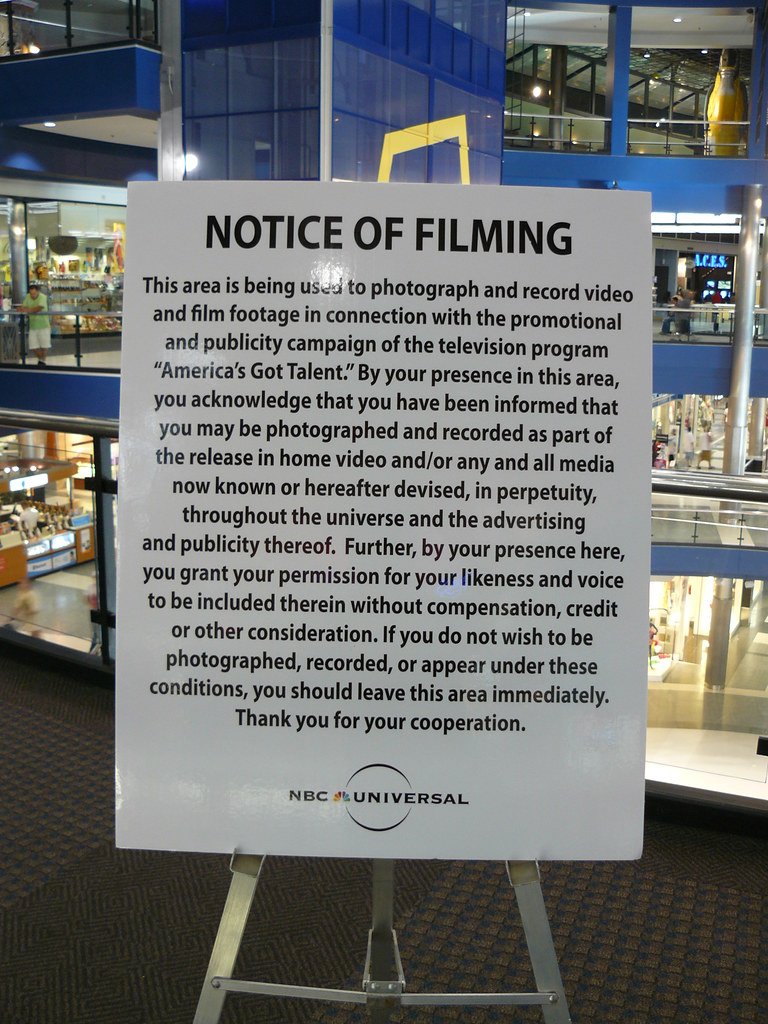

You also get Log profiles and 10-bit 4:2:2 4k recording (up to 30 fps) to capture more color information and give you more flexibility in post-production. It has many resolution and frame rate options, including anamorphic modes to get a wider, more cinematic aspect ratio and UHD and DCI 4k up to 60 fps. However, it still delivers excellent video quality. It uses a Micro Four Thirds sensor instead of a full-frame sensor like the Canon EOS R6 Mark II, which means working with a 2x crop factor and losing out on some low-light capability.


It's also one of the few options at this price to offer 4k up to 60 fps with no crop. Canon removed the 30-minute recording time limit from the original R6 and improved its heat management to help prevent some of the original's overheating issues, making it that much better for video work. With key improvements over the already-excellent Canon EOS R6, the Mark II is now a great option for those looking into a mirrorless camera for advanced video work. The Canon EOS R6 Mark II is one of the best hybrid cameras we've tested and a powerhouse for video and content creators.

We've bought and tested over 85 cameras in our lab, and below, you'll find our recommendations for the best hybrid cameras for aspiring filmmakers to buy. If you're looking for a simpler, more affordable camera to create videos for online media platforms, check out our recommendations for the best cameras for YouTube. Otherwise, see our list of the best 4k cameras for the best 4k-capable cameras we've tested or our best cameras overall for the best all-around models we've tested. Note also that your chosen lens will significantly affect your camera's performance, including its stabilization and autofocus performance.
Video filming professional#
We don't currently test cinema cameras, and because dedicated cinema cameras run the gamut from affordable prosumer models to astronomically expensive professional models, this article focuses primarily on consumer stills and hybrid cameras with advanced video features for those looking to get started shooting films. Of course, budget and ergonomic preferences also play a big role in determining which camera is best for you. Generally speaking, when looking for a filmmaking camera, you should consider the camera's video resolution and frame rate options, whether or not it has in-body image stabilization (IBIS), and design features like dual memory card slots and ports to attach peripherals like microphones or external recorders. Many stills and hybrid cameras on the market have impressive internal video recording capability and support a variety of recording formats, codecs, and picture profiles, allowing you to control the creative process from shooting to editing. Investing in a mirrorless or DSLR camera is an increasingly viable option for amateur filmmakers who want to produce high-quality videos without spending a fortune on professional video gear.


 0 kommentar(er)
0 kommentar(er)
